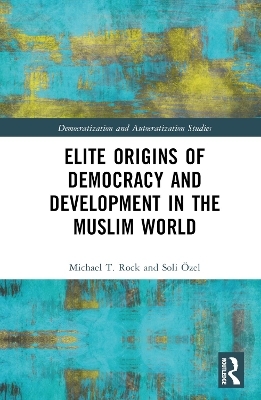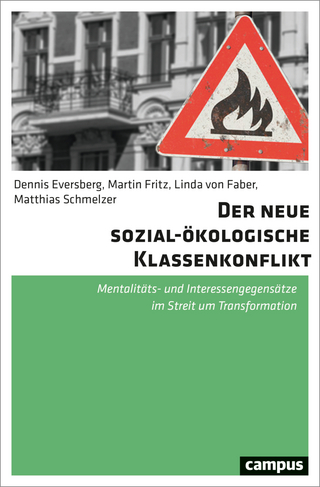
Elite Origins of Democracy and Development in the Muslim World
Seiten
2023
Routledge (Verlag)
978-1-032-44867-1 (ISBN)
Routledge (Verlag)
978-1-032-44867-1 (ISBN)
Using an elite consensus/conflict analytical frame, this book examines why some majority Muslim countries perform much better at democracy and/or development than others, questioning received wisdoms that Islam, authoritarianism and underdevelopment go together.
Using an elite consensus/conflict analytical frame, this book examines why some majority Muslim countries perform so much better at democracy and/or development than others, questioning received wisdoms that Islam, authoritarianism, and underdevelopment go together. Identifying four distinct democracy and development outcomes in the Muslim world, four case studies are interrogated to show that there is more variability in democracy and development outcomes in Muslim majority countries than macro-historical studies and aggregate data have shown.
By demonstrating that democracy and development outcomes in Muslim countries are the consequence of elite conflict and elite consensus, rather than the precepts or institutions of Islam, the book places the competition for power among contending elites, rather than Islam, at the center of the story of democracy and development in the Muslim world.
This book will be of key interest to scholars and students of political development/development studies, democratization and autocratization studies, democracy promotion, and more broadly comparative politics.
Using an elite consensus/conflict analytical frame, this book examines why some majority Muslim countries perform so much better at democracy and/or development than others, questioning received wisdoms that Islam, authoritarianism, and underdevelopment go together. Identifying four distinct democracy and development outcomes in the Muslim world, four case studies are interrogated to show that there is more variability in democracy and development outcomes in Muslim majority countries than macro-historical studies and aggregate data have shown.
By demonstrating that democracy and development outcomes in Muslim countries are the consequence of elite conflict and elite consensus, rather than the precepts or institutions of Islam, the book places the competition for power among contending elites, rather than Islam, at the center of the story of democracy and development in the Muslim world.
This book will be of key interest to scholars and students of political development/development studies, democratization and autocratization studies, democracy promotion, and more broadly comparative politics.
Michael T. Rock is Sam and Etta Wexler Professor Emeritus of Economic History at Department of Economics, Bryn Mawr College. Soli Özel is Professor of International Relations at the Department of International Relations Kadir Has University.
1 Introduction
2 Egypt
3 Indonesia
4 Malaysia
5 Turkey
6 Conclusions
| Erscheinungsdatum | 05.12.2023 |
|---|---|
| Reihe/Serie | Democratization and Autocratization Studies |
| Zusatzinfo | 2 Tables, black and white; 2 Line drawings, black and white; 2 Illustrations, black and white |
| Verlagsort | London |
| Sprache | englisch |
| Maße | 156 x 234 mm |
| Gewicht | 517 g |
| Themenwelt | Geisteswissenschaften ► Philosophie |
| Sozialwissenschaften ► Soziologie ► Spezielle Soziologien | |
| ISBN-10 | 1-032-44867-9 / 1032448679 |
| ISBN-13 | 978-1-032-44867-1 / 9781032448671 |
| Zustand | Neuware |
| Informationen gemäß Produktsicherheitsverordnung (GPSR) | |
| Haben Sie eine Frage zum Produkt? |
Mehr entdecken
aus dem Bereich
aus dem Bereich
Mentalitäts- und Interessengegensätze im Streit um Transformation
Buch | Softcover (2024)
Campus (Verlag)
CHF 47,60


